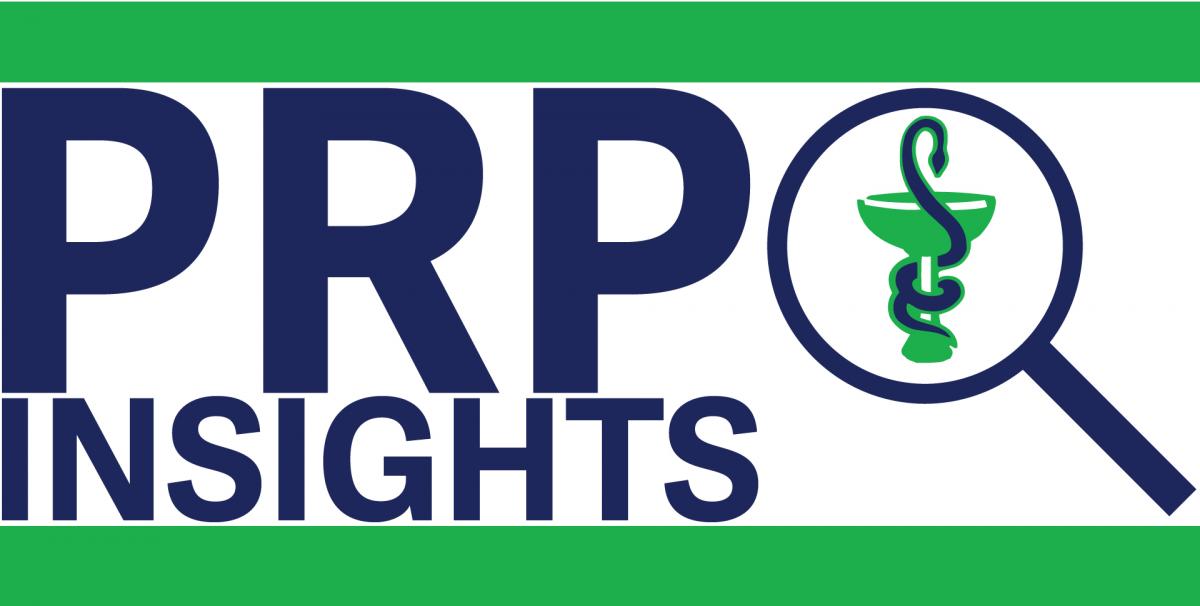
PRP Insights: Common Non-Compliance for Prescription Adaptation
On August 1st, 2024, Professional Practice Policy -58 (PPP-58) was amended to give pharmacists a broader scope for adapting and renewing prescriptions. These amendments allow pharmacists to:
- Adapt prescriptions that have previously been adapted
- Adapt prescriptions from a former practitioner
- Renew prescriptions for a controlled substance for a duration that may be longer than prescribed
- Change the dose, formulation or regimen for a prescription for a controlled substance as long as the quantity dispensed does not exceed the stated amount authorized in the prescription
More information regarding PPP-58 amendments can be found in a previous article, New Prescription Adaptation Protocols for Pharmacists in Effect on August 1, 2024.
Pharmacists are responsible for ensuring that the adaptations and renewals they perform adhere to the statements outlined in PPP-58. When reviewing prescription adaptation services during pharmacy reviews, Compliance Officers have noted the following areas of non-compliance:
- Therapeutic Substitutions of Controlled Substances
Therapeutic substitutions are not permitted for controlled substances. Compliance Officers have noted trends in therapeutic substitutions performed on controlled substances such as amphetamines (i.e. dextroamphetamine, lisdexamfetamine), anabolic steroids (i.e. testosterone) and narcotics (i.e. acetaminophen/codeine, tramadol). Pharmacists are reminded that the prescriber must be consulted if a therapeutic substitution is required for controlled substances.
- Documentation of Prescription Adaptations
PPP-58 outlines the documentation requirements for adapting a prescription which include:
- client information, including PHN;
- pharmacist information, including their signature and the name of the pharmacy;
- prescription information, including the prescriber’s name and contact information;
- a description of the adaptation, including all relevant prescription details;
- the rationale for the decision to adapt the prescription;
- details of the assessment and client history along with any instructions to the client and relevant follow-up plan;
- acknowledgement of informed consent;
- the name of the practitioner(s) notified and the date of the notification.
The most common areas of non-compliance in adaptation documentation included not documenting the rationale for the decision to adapt and not documenting the name of the practitioner(s) notified and the date of notification.
The intervention code description (i.e. dose change, formulation change, etc.) is not sufficient for documentation of rationale. Pharmacists are expected to document the client and drug therapy specific details that were considered as part of the reasoning behind the decision to adapt.
After adapting a prescription, a pharmacist must notify the prescriber, if available, (and the client’s primary health care provider, if different) as soon as reasonably possible after dispensing. Documentation of the name of the practitioner(s) notified and the date of notification must be retained. Retaining fax confirmations of notifications may fulfill this requirement in full or partially, as long as the required components are included.
SCOPE-OF-PRACTICE LIMITS WHEN ADAPTING A PRESCRIPTION
Pharmacists are also reminded of the following limits when adapting a prescription:
- A pharmacist must not adapt a prescription for a cancer chemotherapy agent.
- A pharmacist must not adapt an expired prescription.
- A pharmacist must not adapt a prescription if the prescriber indicates it should not be adapted using a hand-written “do not renew/adapt” notation (not pre-stamped). If a prescriber electronically produces their prescriptions, they must sign or initial beside the notation.
- A pharmacist must not adapt:
- a prescription from a veterinarian; or
- an emergency supply for continuity of care
To learn more about the Practice Review Program, including how to prepare for your review, visit:
bcpharmacists.org/prp
 Share
Share


